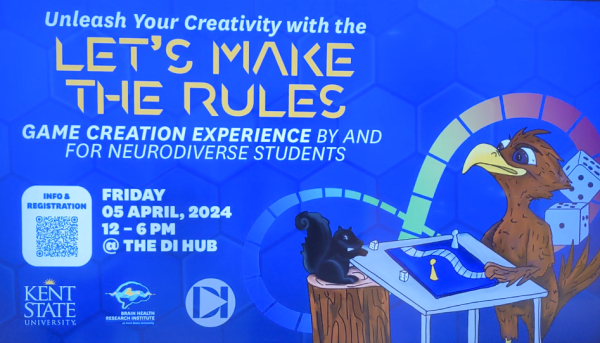In its centennial year, NAACP sees its lasting legacy as righting the wrongs of a society
February 11, 2009
To some, it might be ironic that the first president of the NAACP was white. It may also be ironic that 100 years after the group’s inception, certain people still discriminate because of skin color.
Tomorrow marks the 100th anniversary of the National Association for the Advancement of Colored People. The group has always stood to right the wrongs of others, said Mike McDowell, a member of Eta Tau Lamda.
“People are supposed to reach out and help other people,” McDowell said. “And the NAACP has been doing that for 100 years now.”
Established Feb. 12, 1909 by William Edward DuBois, Ida Bell Wells-Barnett, Henry Moscowitz, Mary White Ovington, Oswald Garrison Villard, William English Walling and Archibald Grimke, the NAACP began to change history, working as a grassroots organization geared toward protecting and honoring the civil rights of all Americans.
One hundred years later, after helping the country overcome segregation, discriminatory voting practices and means of execution such as lynching, the NAACP still stands.
The NAACP paved the way for many other civil rights organizations throughout the past 100 years, said George Garrison, Kent State’s NAACP adviser and professor of Pan-African studies.
“Because of the NAACP’s approach it took, it began the process of desegregation, which would help the effort by the Montgomery Improvement Association in a boycott effort that would lead to the desegregation of the bus system and business in Montgomery, Alabama,” Garrison said. ” This would empower Dr. King to create the Southern Christian Leadership Conference working in conjunction with the NAACP and the National Urban League and this would help to inspire the Student Non-Violent Coordinating Committee whose work in Mississippi would recruit Fanny Lou Hamer, who would become a major player in the Mississippi Freedom Democratic Party.”
Garrison said The Mississippi Freedom Democratic Party helped pave the way for people like Shirley Chism and Jesse Jackson, who both ran for president in the past 35 years.
“All of this took place because the NAACP changed the climate in America to get us to an almost post-racial situation,” Garrison said, “where Barack Obama could run for president of the United States.”
The organization’s goal, according to its Web site, is to ensure political, educational and economical equality for every person, no matter what the color of his skin, in an effort to open the eyes of those who still don’t believe that all men are created equal.
Contact minority affairs reporter Kyle Roerink at [email protected].























